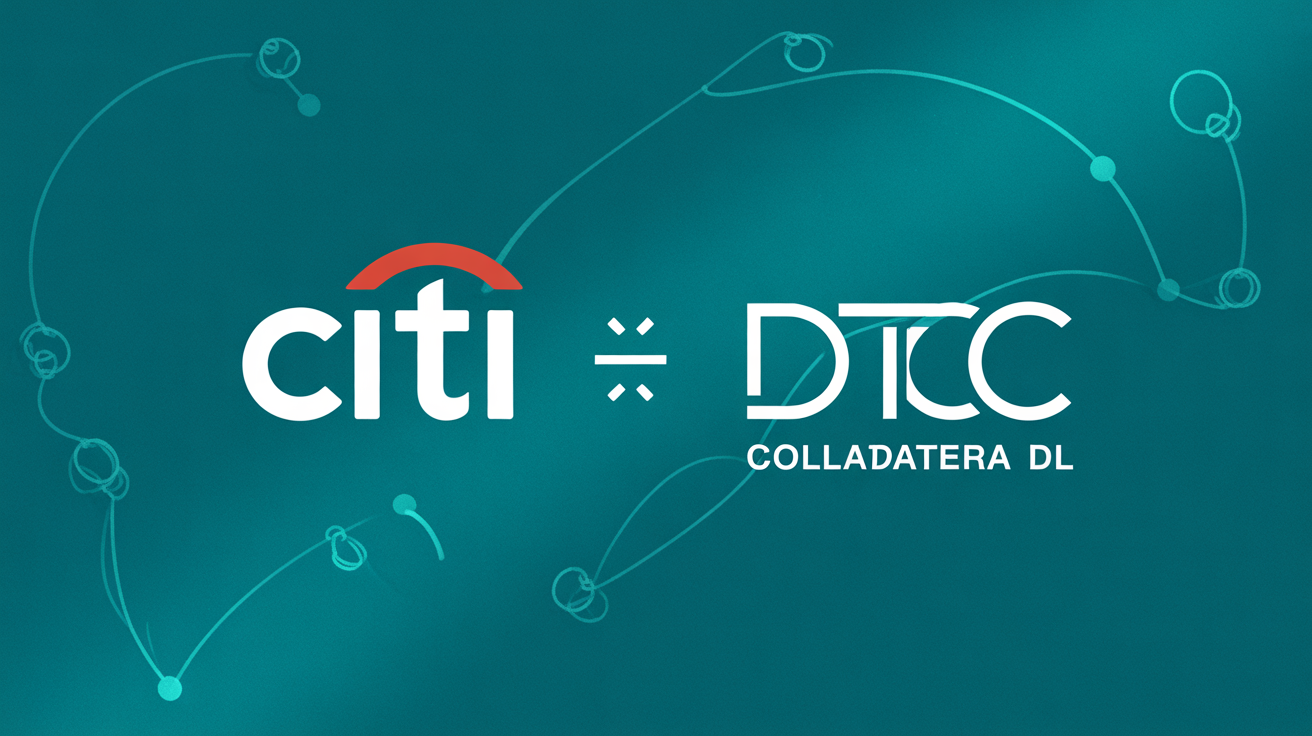Asia Market Open: Bitcoin Rebounds Amid ETF Outflows, Unusual Correlation With Japanese Bonds Emerges
Bitcoin (BTC) opened the Asia trading session around $106,402.39, up 0.9%, recovering modestly from weekend losses driven by intensified geopolitical tensions and $616 million in outflows from spot Bitcoin ETFs. The pullback ended a 31-day inflow streak for BlackRock’s iShares Bitcoin Trust and pushed BTC as low as $103,748, marking a 2% decline from recent highs.
While analysts continue monitoring traditional macro indicators, a growing number are focusing on Bitcoin’s emerging correlation with Japan’s 30-year government bond yields. Macro strategist Weston Nakamura highlights this unexpected alignment as potentially signaling a broader shift in global capital flows—suggesting Japan’s economic signals are gaining outsized influence on cross-asset behavior, including digital assets.
Technically, Bitcoin is hovering near a key support zone around $104,300, reflecting cautious sentiment amid persistent market volatility.
Crypto Faces Linear, Not Reactive, Path to Quantum Readiness, Analyst Warns
As quantum computing advances steadily, crypto researcher Rick Maeda of Presto Research warns that the digital asset industry remains dangerously unprepared for the long-term risks it presents.
In a recent CoinDesk interview, Maeda said the lack of immediate economic incentives is slowing down investment in quantum-resistant cryptography. “The biggest risk is just waiting too long,” he cautioned. “Preparation has to come almost linearly—we can’t wait until the threat is real.”
While Maeda acknowledges that current quantum computers are far from capable of breaking widely used elliptic curve cryptography (ECC)—citing limitations like low logical qubit counts and high error rates—he insists that the timeline for implementing defenses is long enough that action must begin now.
Recent advances, such as Google’s improvements in quantum processors, are promising but still come with efficiency trade-offs, he noted. Maeda’s central message: the time to act is before the threat materializes.
News Briefs
Meta Shareholders Reject Bitcoin Treasury Proposal
A proposal to allocate a portion of Meta’s $72 billion in cash reserves to bitcoin was decisively voted down, with only 0.08% of nearly 5 billion shares in favor. The proposal, submitted by Strive’s Ethan Peck and backed by the National Center for Public Policy Research, was pitched as a hedge against inflation.
Meta, which once spearheaded the now-defunct Libra stablecoin project, continues exploring blockchain-based payment solutions, but shareholders remain cautious about direct exposure to volatile crypto assets. Shares of Meta closed Monday up 3.5% at $670.09.
Stablecoin Bill Faces Distraction Threat in U.S. Senate
Crypto advocacy groups are urging the U.S. Senate to keep focus on the GENIUS Act, a bill aimed at regulating stablecoin issuers such as Tether (USDT) and Circle (USDC). Industry bodies like the Blockchain Association and Crypto Council for Innovation warn that unrelated amendments—such as the Credit Card Competition Act—risk derailing progress.
The GENIUS Act enjoys bipartisan support in the Senate Banking Committee. Analysts at Capital Alpha Partners estimate a 60–65% chance of it passing this year, though final approval will also depend on the House.
Market Snapshot
- BTC: ▲ 0.9% to $106,402.39 – Stabilizes after ETF-related dip; analysts note rising correlation with Japanese bond yields
- ETH: ▲ 3% to $2,539.04 – Strong rebound driven by institutional buying near $2,500
- Gold: ▲ 2% to $3,371.40 – Hits three-week high as USD weakens amid geopolitical unease
- Nikkei 225: ▲ 0.36% – Gains led by Wall Street momentum despite renewed trade tensions
- S&P 500: ▲ 0.4% – U.S. markets shrug off China-EU trade concerns to post moderate gains





























